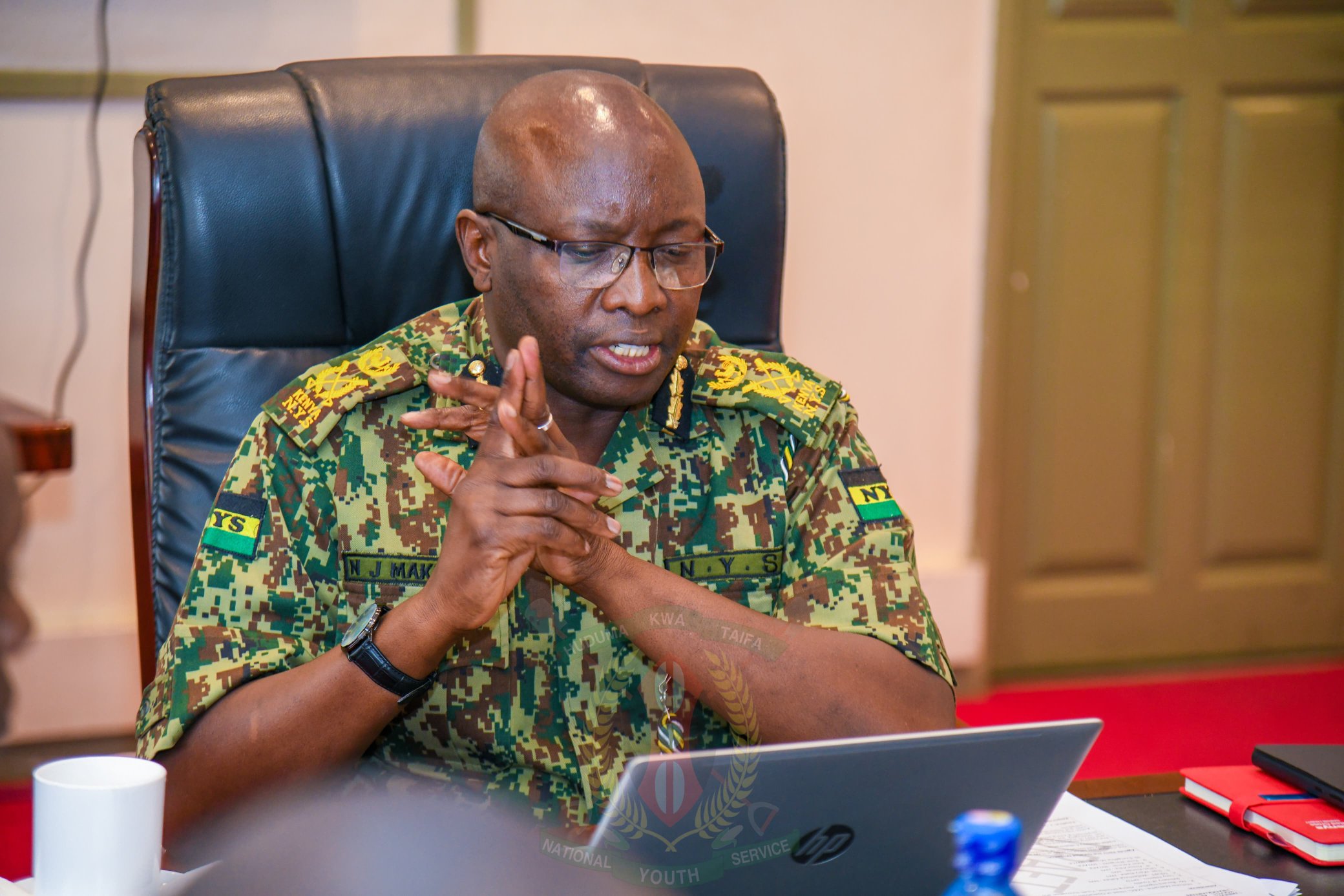By The Weekly Vision Reporter
The National Youth Service (NYS) is facing a critical financial crisis that could see the institution collapse unless urgent measures are taken, according to a newly released report by Auditor General Nancy Gathungu. The report paints a bleak picture of the Service’s financial health, operational sustainability, and asset management.
To unlock the full article:
Choose one of the options below:
- Ksh 10 – This article only
- Ksh 300 – Monthly subscription
- Ksh 2340 – Yearly subscription (10% off)
As of 30th June 2024, the NYS reported total assets worth KSh 3.3 billion against equivalent liabilities, resulting in a negative working capital of KSh 550.2 million. This figure excludes an alarming KSh 16.4 billion in historical pending bills, only KSh 5 billion of which has been verified by a multi-agency committee. The remaining KSh 10.9 billion is currently under investigation by other government agencies.
The Auditor General warns that due to the institution’s worsening financial position, the NYS may be unable to meet its obligations as they become due. The service recorded a deficit of KSh 211.7 million in the financial year 2023/2024, an increase of over KSh 182 million from the previous year’s deficit of KSh 29.3 million. This raises serious concerns about the NYS’s ability to operate as a going concern without continued government intervention.
“The Service is facing liquidity issues and may not be able to meet its short-term obligations as and when they fall due. The financial statements have been prepared on the assumption of continued government support. However, the sustainability of the Service is therefore doubtful,” reads the report in part.
The report also highlights widespread encroachment on NYS-owned land, with 2,247 hectares in Yatta, Mavoloni, Athi River, Mombasa Technical Institute, and Mwatate reportedly occupied by private developers and informal settlers. The NYS Engineering Unit land has specifically been mentioned as having unauthorised constructions by private entities.
Although management has initiated demarcation processes, the Auditor General noted that the land parcels are yet to be fenced or legally reclaimed, placing them at risk of permanent loss. Moreover, the NYS holds land valued at KSh 20.2 billion across 58 parcels, yet ownership documents for 42 parcels were not presented during the audit review.
Two additional parcels of land in Nyaki/Laki/Kiburine and South Ugenya/Rangala were also found to be excluded from the official asset register, despite being lawfully titled to the Service.
Significant discrepancies were also noted in customer deposits, trade payables, and inventory records. The report questions the credibility of KSh 315.4 million in customer refundable deposits linked to the 2014–2015 Youth Empowerment Programme, as no schedules or payment confirmations were provided for audit scrutiny.
In addition, trade payables amounting to KSh 500 million have remained outstanding for more than three years, potentially exposing the Service to litigation, penalties, and a withdrawal of services by aggrieved suppliers.
Inventory valued at KSh 419.7 million was also found to be unsupported by necessary documentation such as schedules or Board of Survey certificates, casting doubt on its accuracy. The report notes that this failure contravenes National Treasury Circular No. 10/2020, which mandates that pending bills be prioritised in budget allocations.
“In the circumstances, the accuracy and completeness of the inventory balance of KSh 419,716,455 as shown in the financial statement could not be confirmed,” the report states.
The findings of the Auditor General come at a time when public trust in the NYS remains fragile, following years of scandals and financial mismanagement. The institution, once seen as a cornerstone of youth empowerment and skills development, now faces a critical test of survival.
The report underscores the need for a comprehensive overhaul of NYS’s financial and administrative operations, along with urgent government intervention to safeguard public assets and restore credibility.
As stakeholders and the public await a response from relevant authorities, the future of the National Youth Service hangs in the balance.
[/full]




